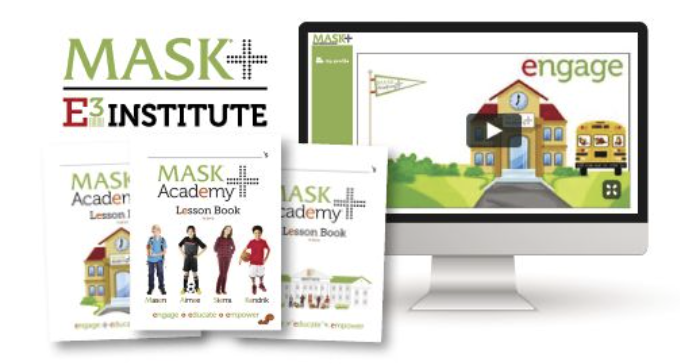
Transitioning to College
September 4, 2024
What is Hash Oil?
September 9, 2024Promoting Mental fitness in children is essential for their overall well-being, emotional development, and success in various aspects of life.
- Emotional Expression:
- Encourage children to express their emotions in a healthy way. Teach them to identify and communicate their feelings, whether through words, art, or other creative outlets.
- Positive Reinforcement:
- Acknowledge and praise your child’s efforts and achievements. Positive reinforcement helps build confidence, self-esteem, and a positive self-image.
- Healthy Relationships:
- Foster positive relationships with family, friends, and peers. Encourage cooperation, empathy, and effective communication to help children build strong social connections.
- Active Listening:
- Practice active listening when your child wants to share their thoughts or feelings. Show empathy and validate their emotions, creating a safe space for open communication.
- Mindfulness and Relaxation:
- Introduce age-appropriate mindfulness and relaxation techniques to help children manage stress and stay present in the moment. Breathing exercises and guided imagery can be helpful.
- Physical Activity:
- Regular physical activity not only contributes to physical health but also has positive effects on mental well-being. Exercise releases endorphins, which can improve mood and reduce stress.
- Balanced Routine:
- Establish a balanced routine that includes adequate sleep, healthy nutrition, and regular physical activity. Consistency in routines contributes to a sense of security and stability.
- Limit Screen Time:
- Set reasonable limits on screen time, ensuring that children have time for other activities, such as outdoor play, reading, and creative pursuits. Excessive screen time can impact mental and emotional health.
- Encourage Curiosity and Learning:
- Foster a love for learning by encouraging curiosity and exploration. Provide opportunities for children to discover new interests and pursue knowledge in areas they find exciting.
- Problem-Solving Skills:
- Help children develop problem-solving skills by encouraging them to think critically and find solutions to challenges. This contributes to a sense of autonomy and confidence.
- Teach Coping Strategies:
- Equip children with healthy coping strategies for dealing with stress or difficult situations. This can include deep breathing, taking a break, or seeking support from trusted adults.
- Gratitude Practices:
- Introduce gratitude practices by encouraging children to reflect on and express gratitude for positive aspects of their lives. This can promote a positive mindset and resilience.
- Set Realistic Goals:
- Assist children in setting realistic and achievable goals. Celebrate their successes and help them learn from setbacks, emphasizing that mistakes are part of the learning process.
- Model Healthy Behavior:
- Children often learn by example. Demonstrate healthy emotional expression, stress management, and positive problem-solving skills to provide a model for them to follow.
If you notice persistent signs of emotional distress or behavioral changes in your child, consider consulting with a mental health professional for further guidance and support. Every child is unique, so it’s essential to tailor strategies to their individual needs and developmental stage.
To learn more tips and parenting subscribe to MASK The Magazine, parenting solutions for today’s families
Subscribe to MASK The Magazine
Or
Did you know that you can add past issues of MASK The Magazine and start your MASK Library –
Enroll your child or school in the MASK E3 Institute to equip them with the knowledge to make safe healthy and informed decisions.




